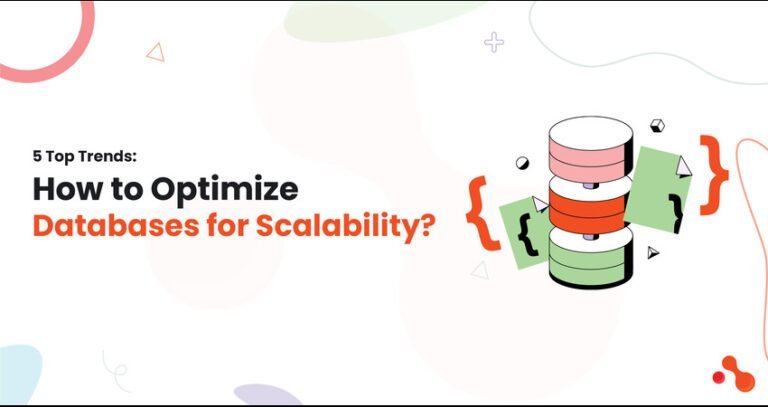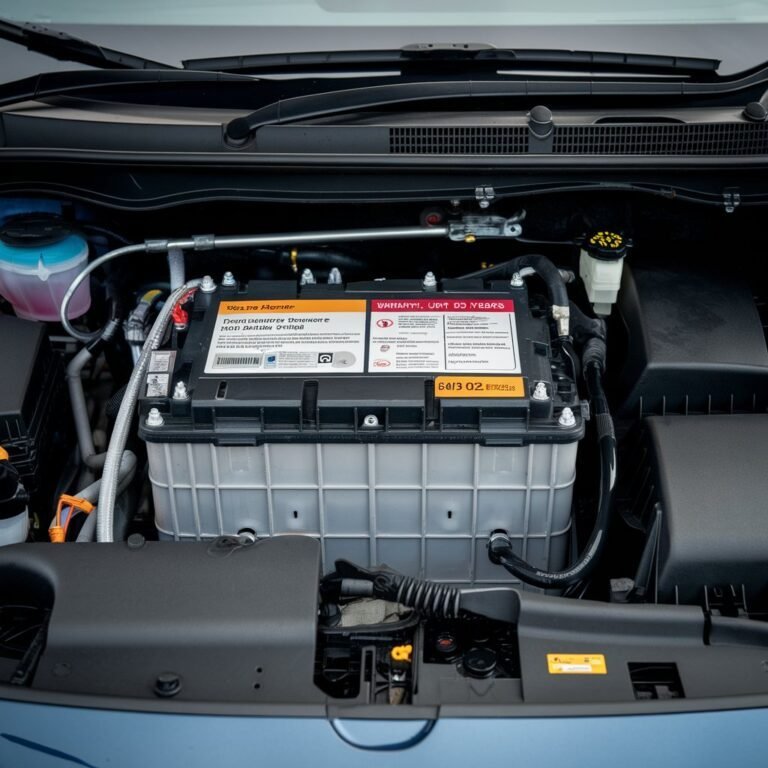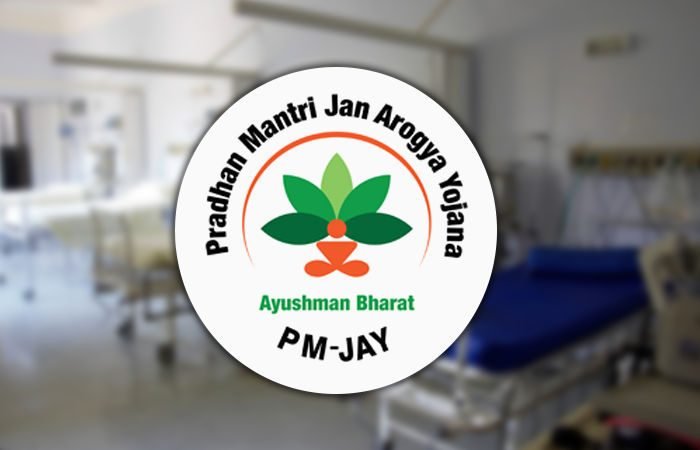When it comes to health insurance planning, the financial advantages extend beyond securing medical coverage. Health insurance can also provide valuable tax benefits under Section 80D of the Income Tax Act. Many individuals, especially young adults, are covered under their parents’ medical insurance plans. While this offers convenience and extended health protection, it’s worth exploring whether such an arrangement provides any tax-saving benefits and, if so, how families can make the most of these deductions.
In addition to tax benefits, staying on a parent’s health insurance plan can offer cost efficiency and seamless coverage. Family floater plans, which extend coverage to multiple family members under a single policy, often come with lower premiums compared to individual plans. This is particularly beneficial for young adults who may otherwise find standalone health insurance policies expensive or unnecessary at the early stages of their careers. Moreover, remaining insured under a parent’s plan provides uninterrupted access to crucial benefits, such as cashless hospitalisation, day-care procedure coverage, and preventive health check-ups, which can help in managing both everyday and emergency healthcare needs without additional financial strain.
Let’s delve deeper into the tax implications of staying on a parent’s health insurance plan and why it could be beneficial for both dependents and parents.
Tax Benefits Under Section 80D
Section 80D of the Income Tax Act allows taxpayers to claim deductions on health insurance premiums paid for themselves, their spouses, children, and parents. These deductions can significantly reduce taxable income, making health insurance an attractive financial investment. The key tax-saving provisions under Section 80D are as follows:
Premiums Paid by Parents for Dependent Children
If your parents are paying the health insurance premiums for a family floater plan that covers you as a dependent child, they are entitled to claim a tax deduction. The deduction limit is ₹25,000 per year for non-senior citizens and up to ₹50,000 if the premium payer is a senior citizen (above 60 years of age). This can be particularly beneficial for families looking to maximise their tax savings while ensuring that all members have adequate health cover.
Claiming Benefits Independently as a Young Adult
If you are over 18, employed, and paying your own health insurance premiums, you may be eligible to claim tax deductions independently under Section 80D. However, if your parents are still paying the premiums on your behalf, they will be the ones entitled to the deduction, not you. This distinction is essential to understand when planning your finances, especially if you’re transitioning from being financially dependent to independent.
Extended Coverage for Dependent Children
Many health insurance providers allow dependent children to remain covered under their parents’ plans up to a certain age, usually until they are 25. During this period, if you are studying or unemployed, your parents can continue to claim tax benefits on the premiums paid. This arrangement not only offers continuous health protection but also allows families to maximise their tax benefits as long as the children remain dependents.
Why Staying on a Parent’s Health Plan May Be a Smart Move
Remaining on your parent’s health insurance policy can be advantageous for several reasons beyond tax savings. Firstly, family floater plans tend to be more affordable than individual policies, especially for young adults who may not have many health risks. Secondly, parents can continue to benefit from tax deductions under Section 80D while ensuring that their children remain protected against unexpected medical expenses.
Additionally, family floater plans often come with comprehensive features, such as cashless hospitalisation, pre- and post-hospitalisation cover, and coverage for day-care treatments. This means you’re not just saving on taxes but also securing access to quality healthcare when you need it most.
Choosing the Right Health Insurance Plan
Whether you’re staying on a parent’s policy or planning to purchase an individual plan, selecting the right health insurance provider is crucial. It’s essential to review factors such as the network of cashless hospitals, coverage for pre-existing conditions, waiting periods, and additional benefits like health insurance with OPD cover. The best health insurance in India is one that offers a balanced combination of extensive coverage, affordable premiums, and hassle claims.
When choosing the right plan, it’s also important to keep future needs in mind. For instance, as you age or transition into independent adulthood, you may wish to move to an individual plan that better suits your changing health and financial needs. Comparing policies and understanding their terms and benefits can help you make an informed decision that safeguards your health and finances in the long run.
Maximising Tax and Health Benefits
While staying on your parents’ health insurance plan may offer significant tax benefits for your parents, it’s important to regularly review the coverage to ensure it continues to meet your family’s healthcare needs. This is particularly relevant as you approach the upper age limit for dependent children under the plan or if your family’s healthcare requirements change due to evolving medical conditions.
Moreover, families can optimise their tax benefits by carefully selecting a policy with adequate coverage and features that match their health risks and lifestyle. Leading insurers, like Niva Bupa Health Insurance, offer comprehensive family floater plans that are designed to provide robust protection while helping policyholders make the most of tax-saving opportunities under Section 80D.
Protect Your Health and Save Taxes
Investing in the right health insurance policy is a crucial part of financial planning, especially when it comes to securing your family’s health and maximising tax savings. Whether you’re staying on a parent’s plan or considering an independent policy, it’s essential to evaluate your options carefully and choose a plan that provides the best value.
With its wide range of medical insurance plans, extensive cashless hospital network, and customer-centric services, Niva Bupa Health Insurance, one of the best health insurance company in India is committed to supporting families in their quest for financial and health security. By opting for a comprehensive plan, you can protect yourself against rising medical expenses, enjoy peace of mind, and benefit from valuable tax deductions, all while ensuring that your health and financial future remain on solid ground.

































































































































































































































































































































































































































































































































































































































































































































































































































































































































































































































